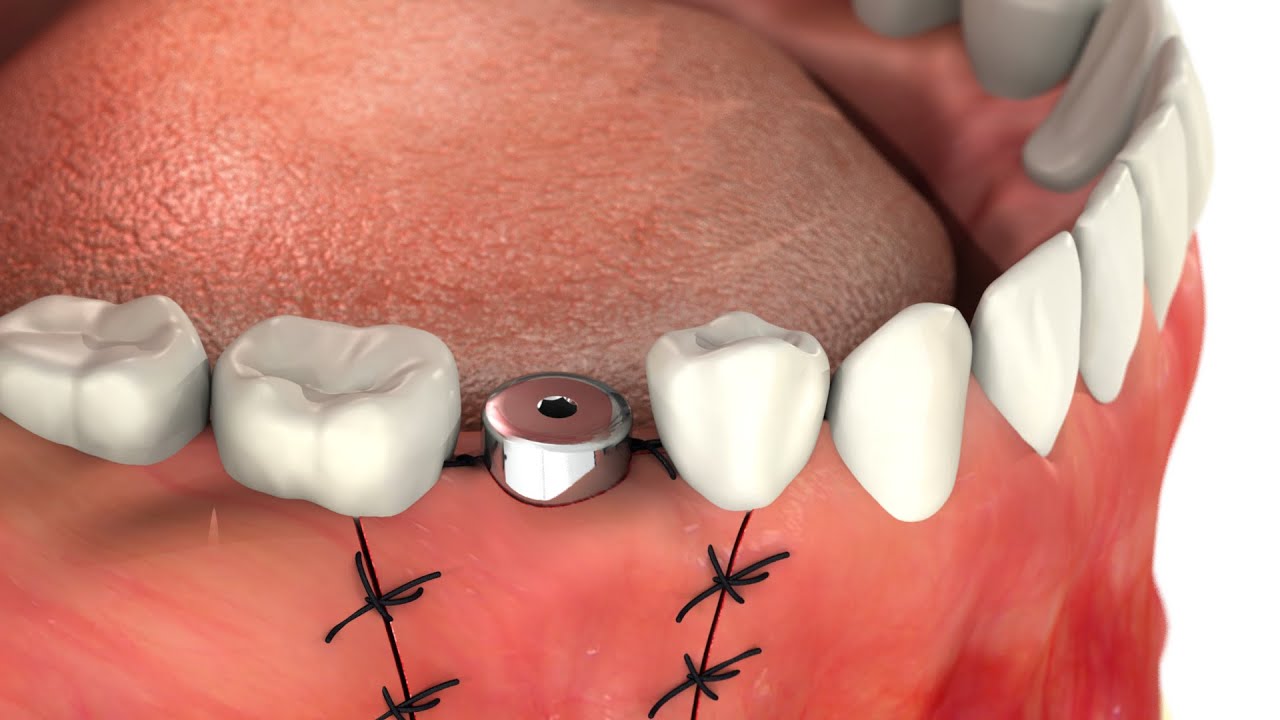Dental
Implant
A dental implant is a modern way of replacing missing teeth. Dental implants are the most preferred treatment option by both dentists and patients for one or multiple teeth replacement.
What are Dental Implants?
A dental implant is a replacement of tooth root and they have become increasingly popular as an alternative to removable dentures.
What Types of Treatment are Available with Implants?
• Single Tooth Replacement: If you are missing a single tooth, one implant and a crown can replace it.
• Multiple Tooth (Implant Bridge): If you are missing several teeth, implant-supported bridges can replace them.
• Full Mouth Reconstruction: If you are missing all of your teeth, an implant-supported full bridge or implant-supported full denture can replace them.
Request for a Free Consultation
Leave us your contact information and we will get back to you as soon as possible.

What does Implant Treatment Involve?
The planning of the dental implant treatment depends on the individual dental situation and will be discussed in details with your dentist after examination of your mouth and taking radiographs of your jaws.
2. Operation of the implants
Dental implants are typically placed in an outpatient procedure with local anesthesia. According to the implant size, the implant site will be prepared with special drills. The implant will then be accurately inserted into the jawbone. The length of the treatment depends on the type of procedure and the number of implants to be placed.
3. Preparation of teeth and impression
After a 3-6 month period, a second procedure is needed to uncover the implant via a small incision in the gum and attach the healing cap. When your gums have healed, your dentist will take a new impression of your mouth. The replacement tooth, or crown, is cemented or screwed in place over the abutment. This will be used to make a model of your teeth on which the dental technician will construct your crown or bridge, paying special attention to achieve a natural finish that matches the rest of your teeth.
4. Fitting of crowns or bridges
When your implant crowns and bridges have been prepared, your dentist will cement or screw them on to the abutments over the dental implants.
Is Dental Implant Operation Painful?
Most people who have received dental implants say that there is very little discomfort involved in the procedure. Local anesthesia will be used during the procedure. After the operation, mild soreness can be treated with pain killers.
Do I Have Enough Bone?
It is important for a patient to have enough bone to support a dental implant. If you do not have enough bone, there are many safe and effective ways to correct bone deficiency; as artificial bone replacement, block grafts, or sinus lifting. Your dentist will inform you after clinic and radyologic examinations.
Are Implants Expensive?
Bridges or dentures are often seen as a low-cost and convenient solution to missing teeth but they generally need replacing every 5-10 years, and can actually cost more over a lifetime of treatment than implants. With proper cleaning and care, an implant will likely last a lifetime. For bridge, adjacent teeth must be filed down to make room for the necessary hardware, causing irreparable damage. Denture wearers also often complain of discomfort, pain, and bad breath. The clasps they utilize to stay in place can compromise the health of neighboring teeth and eventually cause them to fall out.
How do I Care for Dental Implants?
Dental implants require the same care as real teeth, including brushing, flossing, rinsing with an antibacterial mouthwash, and regular dental check-ups.
I do not Want to Wait for 2-3 Months. May I Use My False Teeth with Dental Implants?
Yes. With the help of mini dental implant technology, existing removable or fixed prothesis can be used adapted to implants after operation.

